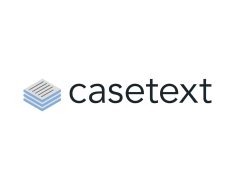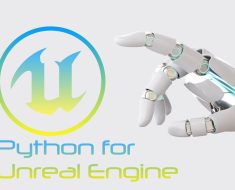
Background:
The capability of large language models (LLMs) to understand and generate human-readable text has prompted the investigation of their potential as educational and management tools for patients with cancer and healthcare providers.
Materials and methods:
We conducted a cross-sectional study aimed at evaluating the ability of ChatGPT-4, ChatGPT-3.5, and Google Bard to answer questions related to 4 domains of immuno-oncology (Mechanisms, Indications, Toxicities, and Prognosis). We generated 60 open-ended questions (15 for each section). Questions were manually submitted to LLMs, and responses were collected on June 30, 2023. Two reviewers evaluated the answers independently.
Results:
ChatGPT-4 and ChatGPT-3.5 answered all questions, whereas Google Bard answered only 53.3% (P < .0001). The number of questions with reproducible answers was higher for ChatGPT-4 (95%) and ChatGPT3.5 (88.3%) than for Google Bard (50%) (P < .0001). In terms of accuracy, the number of answers deemed fully correct were 75.4%, 58.5%, and 43.8% for ChatGPT-4, ChatGPT-3.5, and Google Bard, respectively (P = .03). Furthermore, the number of responses deemed highly relevant was 71.9%, 77.4%, and 43.8% for ChatGPT-4, ChatGPT-3.5, and Google Bard, respectively (P = .04). Regarding readability, the number of highly readable was higher for ChatGPT-4 and ChatGPT-3.5 (98.1%) and (100%) compared to Google Bard (87.5%) (P = .02).
Conclusion:
ChatGPT-4 and ChatGPT-3.5 are potentially powerful tools in immuno-oncology, whereas Google Bard demonstrated relatively poorer performance. However, the risk of inaccuracy or incompleteness in the responses was evident in all 3 LLMs, highlighting the importance of expert-driven verification of the outputs returned by these technologies.
Keywords:
ChatGPT; Google Bard; artificial intelligence; immuno-oncology; large language models.


![[2312.13585] Speech Translation with Large Language Models: An Industrial Practice [2312.13585] Speech Translation with Large Language Models: An Industrial Practice](https://aigumbo.com/wp-content/uploads/2023/12/arxiv-logo-fb-235x190.png)


